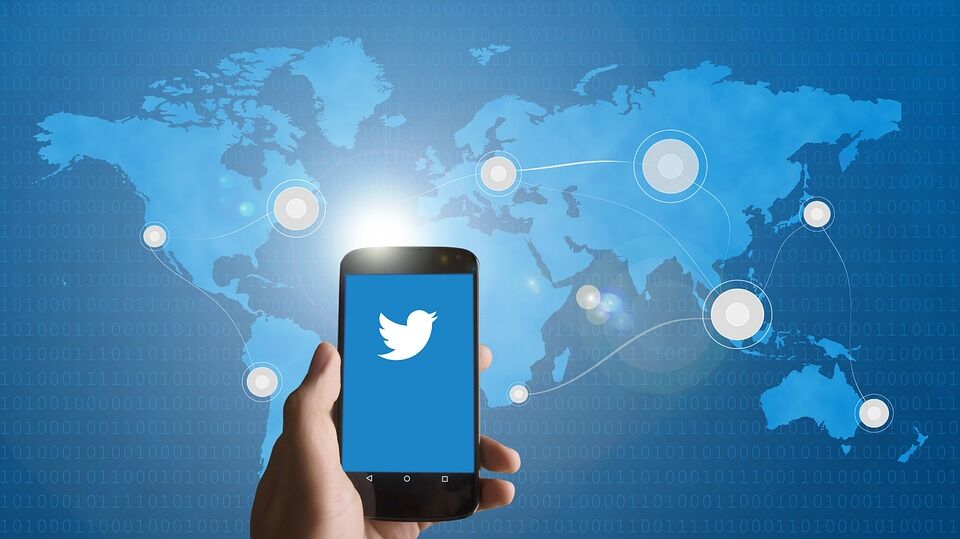Twitter’s blue tick removal sparks concerns

Twitter has taken a significant step by initiating the removal of blue ticks from high-profile individuals such as Pope Francis, Donald Trump, and Justin Bieber. They have now lost their verified status on the platform.
Previously, Elon Musk, the owner of Twitter, had pledged to do away with the “lords and peasants system” that he believed the blue ticks represented. With his US$44 billion investment in the site dwindling, he suggested selling the blue badges at a monthly fee of US$8. This move, according to Musk, would “democratise journalism and empower the voice of the people.”
In the past, several deadlines for removing blue ticks have been set but passed without any substantial consequences. These blue ticks were mainly utilised by celebrities, journalists, and politicians.
However, yesterday, numerous high-profile accounts, as well as many journalists at AFP and other news outlets, appeared to have had their check marks stripped away.
It seems politicians and official organisations have also been affected, with US Senator Brian Schatz voicing concerns about potential repercussions on public trust during catastrophes.
He tweeted, “There really ought to be a way for emergency managers to verify that they are real on this website or imposters will cause suffering and death.”
“I am not complaining about my own check mark, I just think during natural disasters it’s essential to know that FEMA is actually FEMA,” he added, referring to the Federal Emergency Management Agency that comes to the rescue after hurricanes and deadly storms.
Yesterday’s blue tick exodus follows disputes between Twitter and several news organisations objecting to labels on their accounts stating they were “state-affiliated” or “government funded.”
Sweden’s public radio, Sveriges Radio, announced this week that it would cease tweeting, echoing US radio station NPR and Canadian broadcaster CBC.
Musk’s turbulent tenure at Twitter has resulted in thousands of employees being laid off and advertisers deserting the platform.
Users have bemoaned the increase in hate speech and misinformation, and claim that accounts with radical viewpoints are gaining popularity due to reduced content moderation.
This month, a closely monitored forecast predicted a sharp drop in Twitter’s ad revenue for 2023. Analysts at Insider Intelligence slashed their previous global revenue estimate of US$4.74 billion by over a third to US$2.98 billion as trust crumbled.
Research firm Pathmatics highlighted that 14 of the top 30 advertisers on Twitter ceased advertising on the platform since Musk took the reins on October 27.
Insider Intelligence remarked that Musk’s attempts to establish a subscription service “won’t make up for the lost ad revenue.”
Latest Thailand News
Follow The Thaiger on Google News:


























